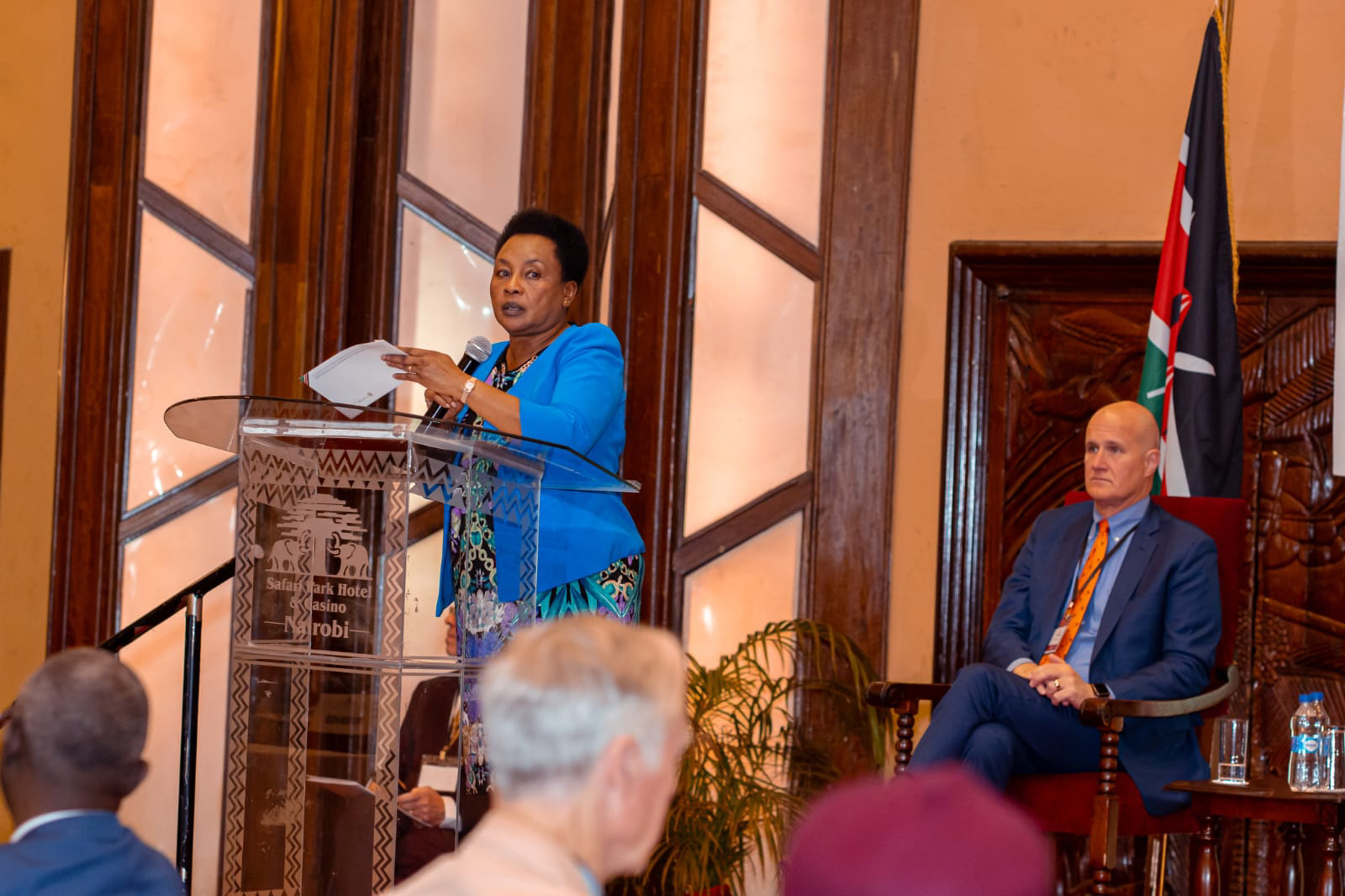Kristina Pratt Champions Inclusive Education at National Special Needs Conference
By Steve El Sabai
Nairobi, April 23, 2025
Renowned disability rights advocate Kristina Wambui Pratt has issued a passionate call for stronger commitment to inclusive education during the Special Schools Heads Association of Kenya Delegates Conference, currently underway at the Kenya Institute of Special Education (KISE) in Kasarani.
Representing the Principal Secretary for Basic Education, Mr. Julius Bitok, Ms. Pratt—who chairs the National Fund for the Disabled of Kenya (NFDK)—was the keynote speaker at the event, which has brought together top stakeholders in the special needs education sector.
“Inclusive education is not just a strategic agenda — it is a fundamental human right,” declared Ms. Pratt. “We must design systems that recognize and accommodate the diverse abilities of every learner. No child should be left behind due to disability.”
A long-standing figure in Kenya’s education and advocacy landscape, Ms. Pratt is the founding Director of the Department of Special Education and a leading voice in the empowerment of persons with disabilities. At the conference, she underscored the critical role that institutions like KISE play in equipping teachers with the tools and knowledge necessary to effectively support learners with special needs.
She also spotlighted the impact of the NFDK, which continues to invest in assistive devices, infrastructure development in special schools, and vocational empowerment programs. These efforts, she said, are key to bridging existing educational inequalities and creating opportunities for students with disabilities to thrive.
Calling for a renewed sense of urgency, Ms. Pratt appealed to both national and county governments to prioritize funding for special needs education. She cited infrastructure gaps, inadequate teaching materials, and a shortage of specialized educators as pressing challenges that must be addressed to ensure effective implementation of the Competency-Based Curriculum (CBC) in special education settings.




Comments
Post a Comment